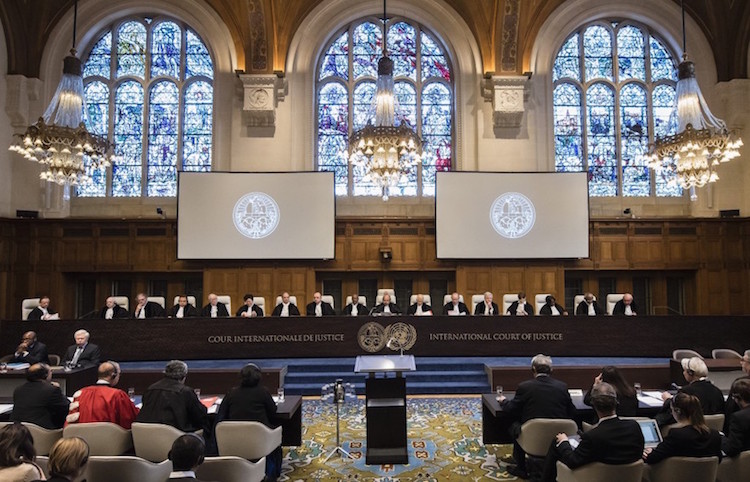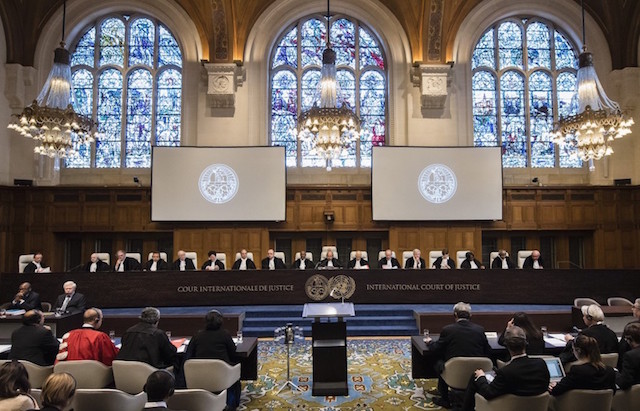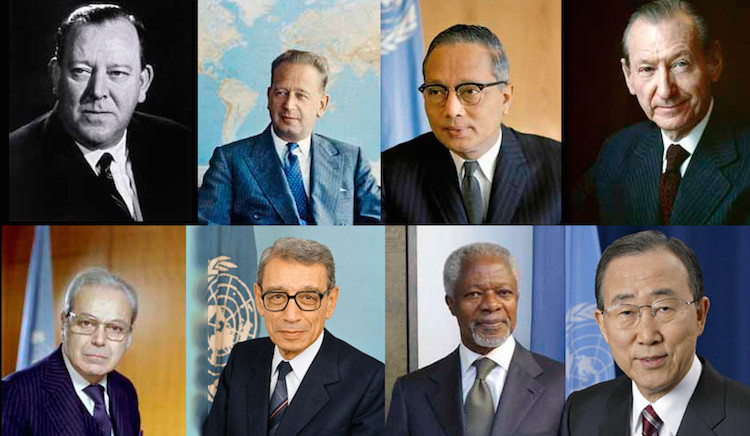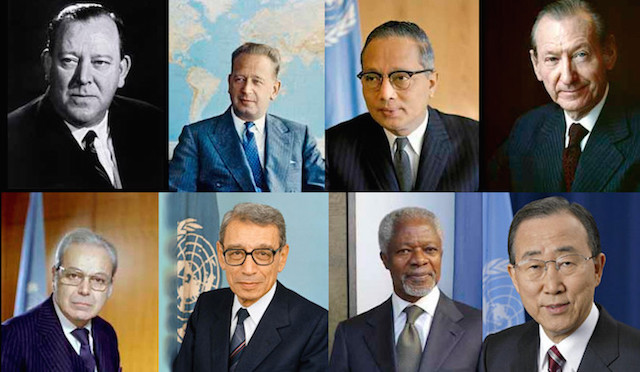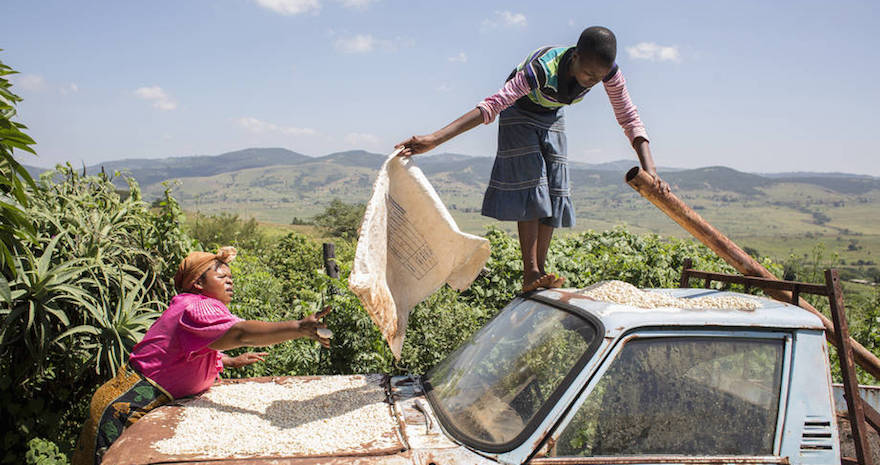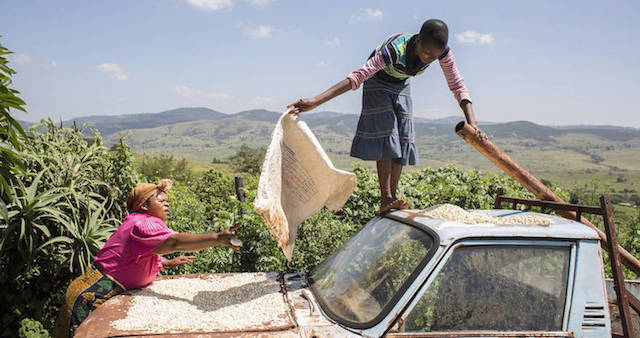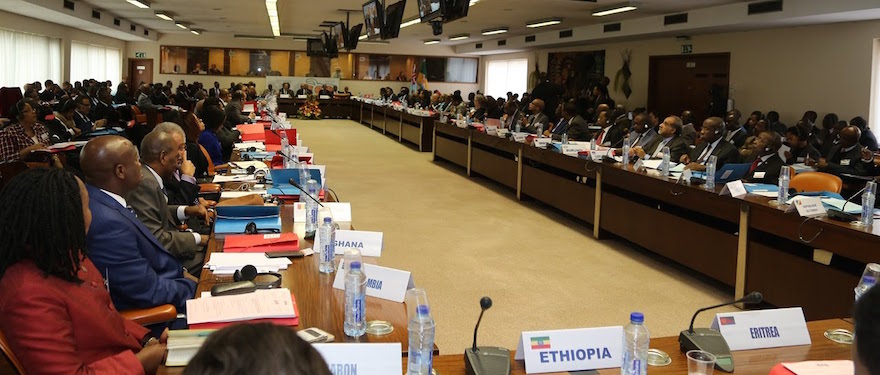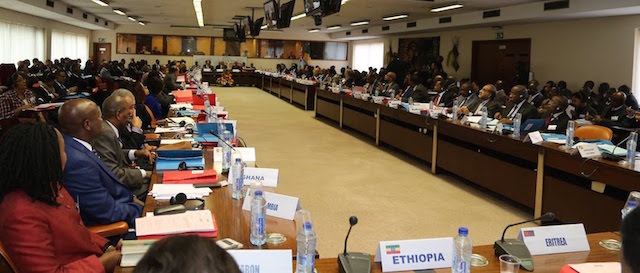By Ramesh Jaura
THE HAGUE (IDN) – Aided by a team of eminent international lawyers and backed by staunch proponents of ‘nuclear zero’, the tiny but resolute Pacific Republic of the Marshall Islands (RMI) wants the International Court of Justice (ICJ), principal judicial organ of the United Nations, to hold the nine nuclear weapons states – U.S., Russia, UK, France, China, Israel, India, Pakistan and North Korea – accountable to their disarmament commitments.
These are the first contentious cases about nuclear disarmament to be brought before the world’s highest court, said Rick Wayman, Director of Programs at the Nuclear Age Peace Foundation.
The Marshall Islands filed lawsuits against all nine nuclear weapons countries in April 2014. But the U.S., Russia, China, France, Israel and North Korea do not accept the compulsory jurisdiction of the ICJ and are ignoring the cases brought against them. Only India, Pakistan and UK accept. READ IN JAPANESE

